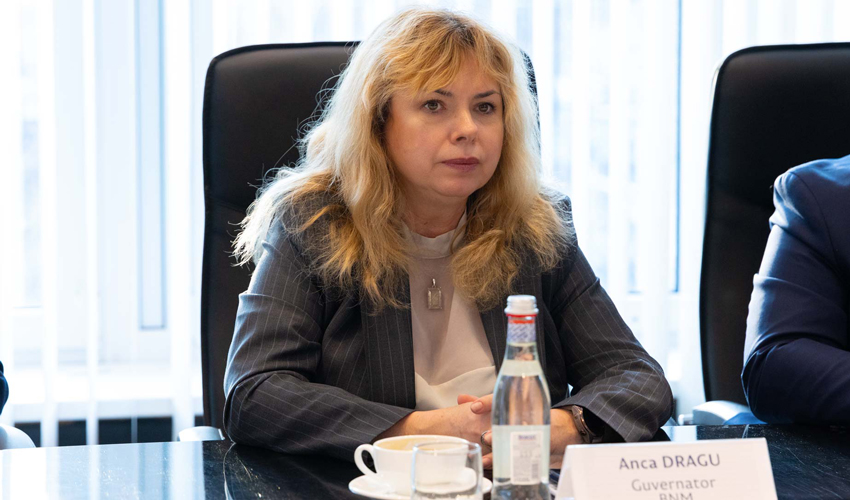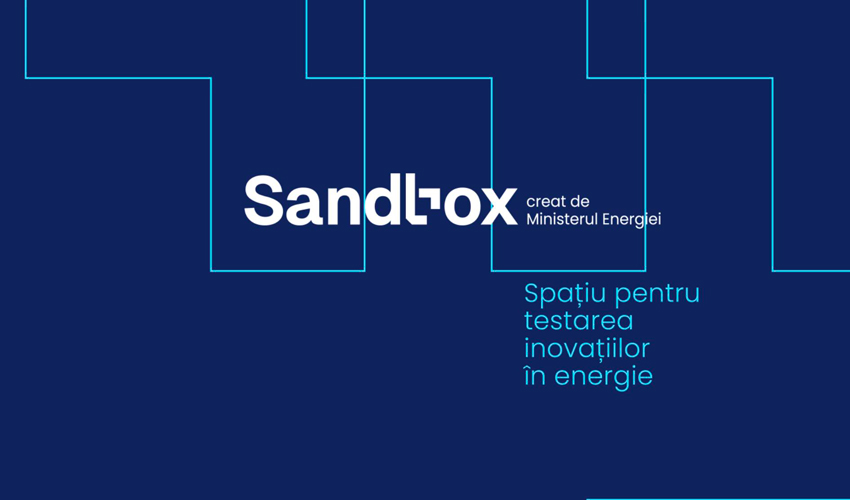
This opinion was expressed by maib vice-chairman Makar Stoyanov in the new edition of Live Europa 2028.
“Crypto is something that already exists. Whether we like it or not, it is there and is something modern. All countries have either already implemented it, are implementing it or are on the way to implementing it. But it all depends on use cases, i.e. what we use crypto for. If you use it as a tool to invest now and expect a 1000% return in a few months, it is not the right tool. And I believe that everything here should be regulated very clearly, transparently and strictly,” Stoyanov says.
At the same time, he believes that there are areas where crypto brings obvious benefits, and stablecoins are an important example.
“If we look at other use cases, such as stablecoins – where the technology behind crypto is used to make transactions easier, faster and less costly – this is something we can and should implement sooner rather than later. We need to say “Welcome” to this new technology. The question is to regulate the use of these use cases-stablecoins, transactions from one country to another or in the same country. So that they help businesses. They help entrepreneurs to make transactions easier, faster, cheaper,” Makar Stoyanov is convinced.
He warns that isolation and closedness can slow down the country’s economic development:
“That is, we cannot close down in our country and say, ‘ok, everywhere else has it, but in our country it is too risky’.” As they say, if you drive at 5 km/h, of course you won’t get into an accident, but you won’t go far either”.
In his opinion, the solution is modern regulation adapted to realities and based on risks.
“In order to attract capital, for business, to interest people in our country and abroad to invest and take certain risks – properly calculated, of course – we need regulation. I am not saying that it should be simpler, but it should be based on risk assessment. Not to make documents for the sake of documents or approvals for the sake of approvals, but to have regulation based on a risk-based approach. Here we are talking about cash, crypto, any other instrument that eventually – whether we want it or not – will be implemented in our country. Everyone is moving in this direction: from the U.S. to Asia,” the banker emphasized.
He also noted that recently, the access to credit has become easier and more digital for entrepreneurs and individuals, while the financial intermediation in Moldova has increased from 20-21% to 27-28% of the GDP. Nevertheless, the majority of financing still comes from banks, and diverse sources and further transformation of the financial and banking system are needed to support high-value businesses and reach international levels.













